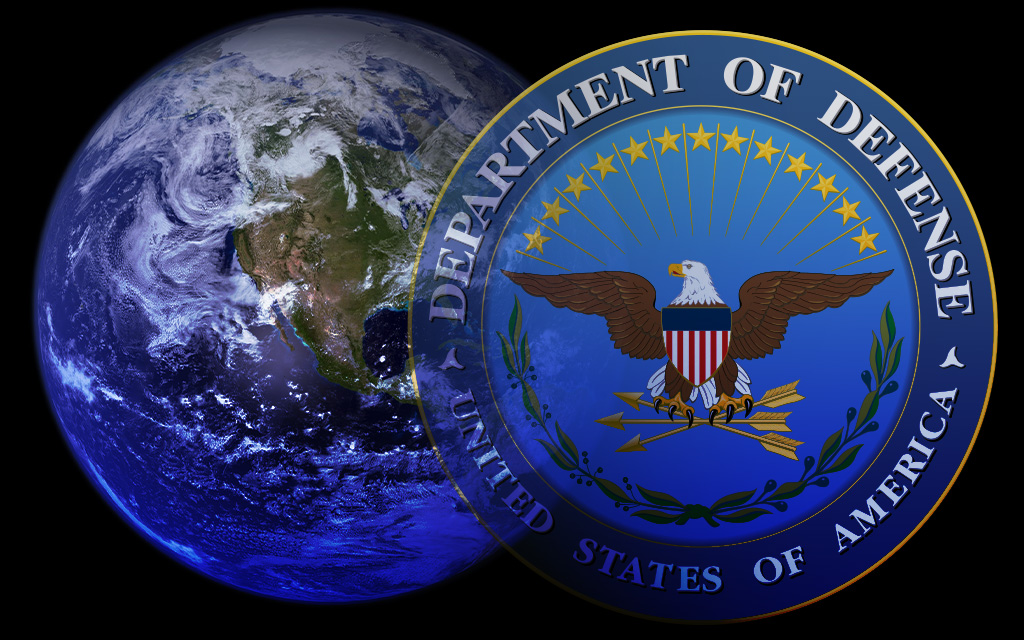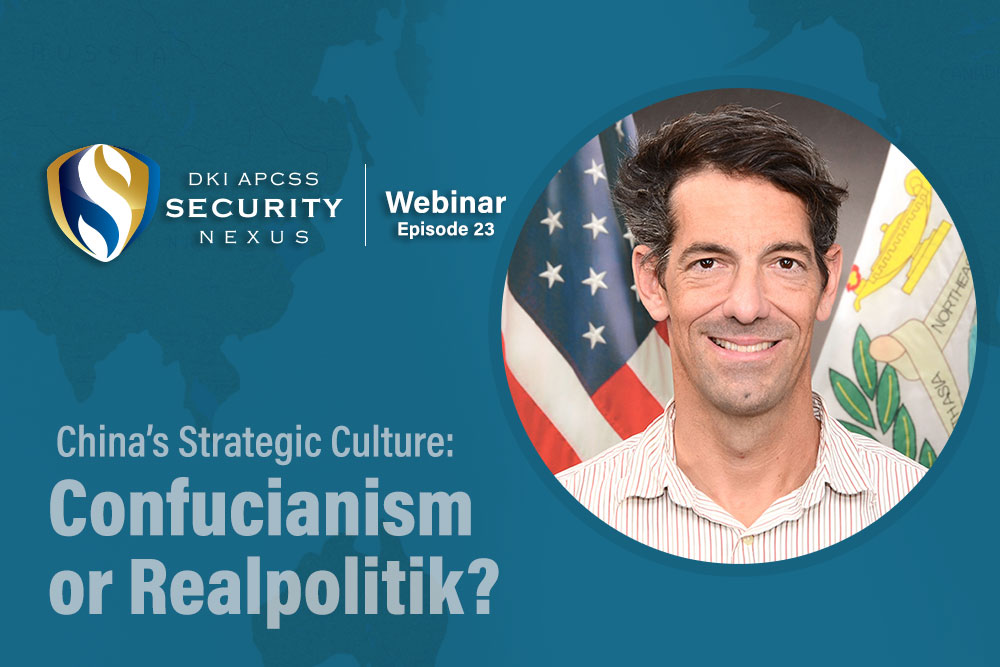“The U.S. Government & Climate Security: History and Prospects” is the latest research paper by J. Scott Hauger for Security Nexus.
Abstract:
In the 2010 Quadrennial Defense Review, the Obama Administration recognized climate change as a serious security threat. By 2014, policy documents reflected a “securitization” of climate change, recognizing it as an existential threat to global security. In 2015, the U.S. led in the framing of the Paris Accord.
In 2016, President Trump reversed course, in effect, undertaking a desecuritization of climate change. He declared economic security through energy independence as a security priority. He characterized the Paris Accord as a threat to that security and withdrew the U.S. from the Paris Accord, effective November 2020.
President Joe Biden campaigned on a resecuritization of climate change. Upon taking office he designated climate change as a profound global crisis, ordered federal agencies to address the crisis, re-joined the Paris Accord, and asserted a return of U.S. global leadership in addressing climate change.
There is a timely opportunity to initiate new projects between the U.S. and partner nations to prepare for and manage the impacts of climate change. Proactive American climate policies will continue if Biden is followed by a Democratic successor. With a Republican administration, expect an emphasis on climate adaptation vice mitigation, but not a revival of desecuritization of climate change.
Scott Hauger is an alumni and former professor at the Daniel K. Inouye Asia-Pacific Center for Security Studies. The views expressed in this article are his own and do not reflect those of DKI APCSS, the U.S. Department of Defense, or the U.S. Government.










Leave A Comment